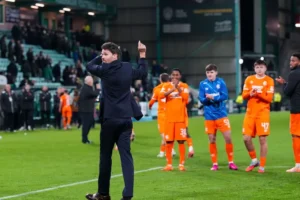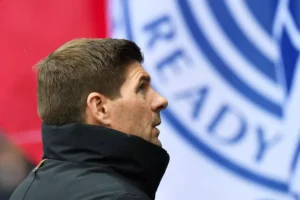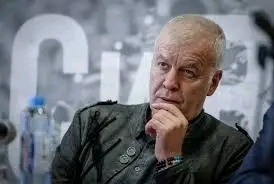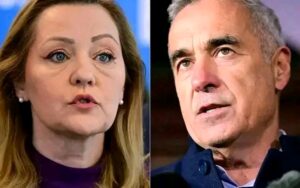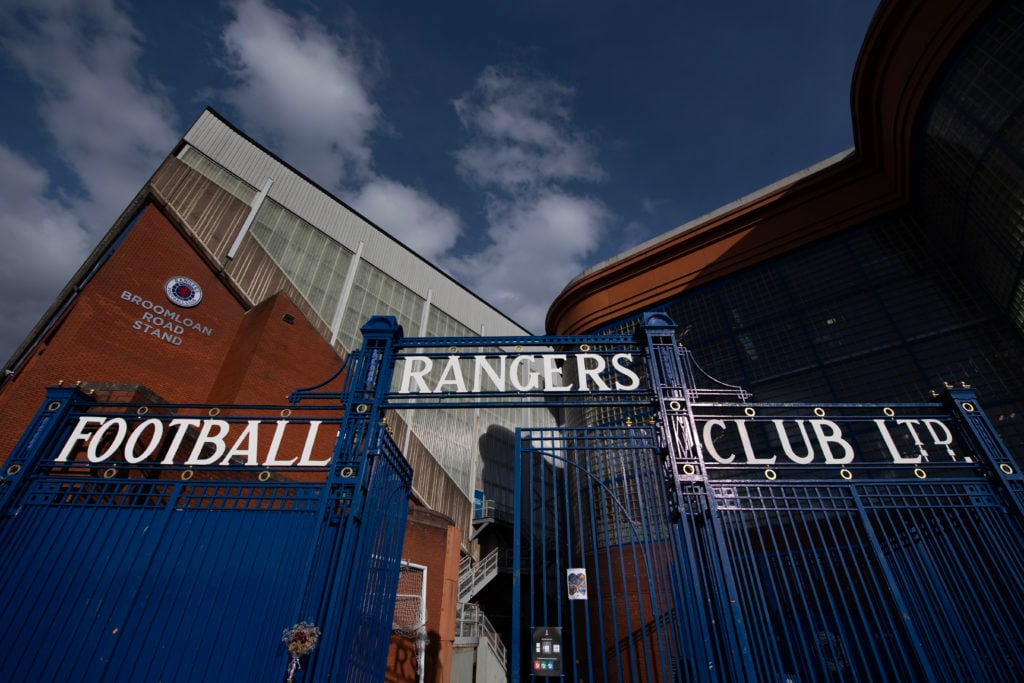
Even when Rangers were winning on the pitch, there was still much need for improvement off the pitch.
Tens of millions have been spent on renovating and improving Ibrox since Dave King and his knights came to power. Litigation over various business agreements has also cost money, and more has been spent than made on assembling and reviving the football squad.
Rangers had to make a change at some point due to their increasing revenue, and current manager Philippe Clement had to adjust his style in 2024.
Five key takeaways from Rangers’ financial performance
These are the top five talking points from the financial figures, which may have been overlooked due to the £17.2 million headline indicating Rangers’ operating loss.
Breaking records for Rangers income and commercial figures
For once, there is good news: pre-player trading essentially represents the club’s revenue and expenses without player sales and/or acquisitions.
According to James Taylor, the chief financial officer, the amount has decreased from approximately £10 million to £2 million.
This means that the manager and recruitment director have additional options and may be able to increase the transfer budget with or without sales if this amount can break even or make a profit.
Among the important figures are:
£88.3 million in core revenue and £94.2 million in total income are records.
Double-digit growth in revenue, with a record £67 million.
Philippe Clement’s cost-cutting measures are helping the Rangers’ pay bill move in the right direction.
Pay has not been worth the money, and since five senior Rangers players were leaving in the summer, there was always going to be an opportunity to reduce the salary cost.
The total amount has already dropped by £2 million for these accounts, and an additional £6 million will be saved from Rangers’ 2024 summer transfer business by this time next year.
What was the price of renting Hampden Park?
The delayed Ibrox works are a double-edged sword that is difficult to fully quantify.
Would the referee have still stepped in and sent out Jefte in a farcical incident, or would Rangers have won if the second-leg match had taken place at their spiritual home?
We will never be able to know.
We do know that Rangers “only” paid £67,000 to rent Hampden Park, as opposed to the millions that were anticipated; the true cost, presumably, was the £30 million that Champions League qualification would have ensured.
Rangers are exempt from costly litigation and the courts.
Rangers have been forced to pay their way out of previous contracts that the present board inherited for years.
The club is now free from the court and the associated costs following the settlement of the Elite/Hummell case.
The price? A staggering £3.8 million. The kind of amount that may cover the cost of a new striker, winger, or number six.
The significance of an effective player trade strategy
But once more, the main talking point is that, even with record overall income, record commercial income, a declining wage bill, and an £8 million reduction in pre-player trade losses, scouting, identifying, and signing the correct players remains crucial.
Purchased for £600,000, Jefte appears to be this summer’s example of how to do it right. Young, with evident technical and physical skills, but also with the capacity to grow and produce a profit for the team.
On the other end of the spectrum, athletes like Cyriel Dessers, who was purchased for £4.5 million as his 30th birthday drew near and who has no market worth, must be retired.
Such yearly reports will remain the standard if it doesn’t.
Off the pitch, things appear to be moving in the right path despite the mayhem.
CLICK HERE FOR MORE
